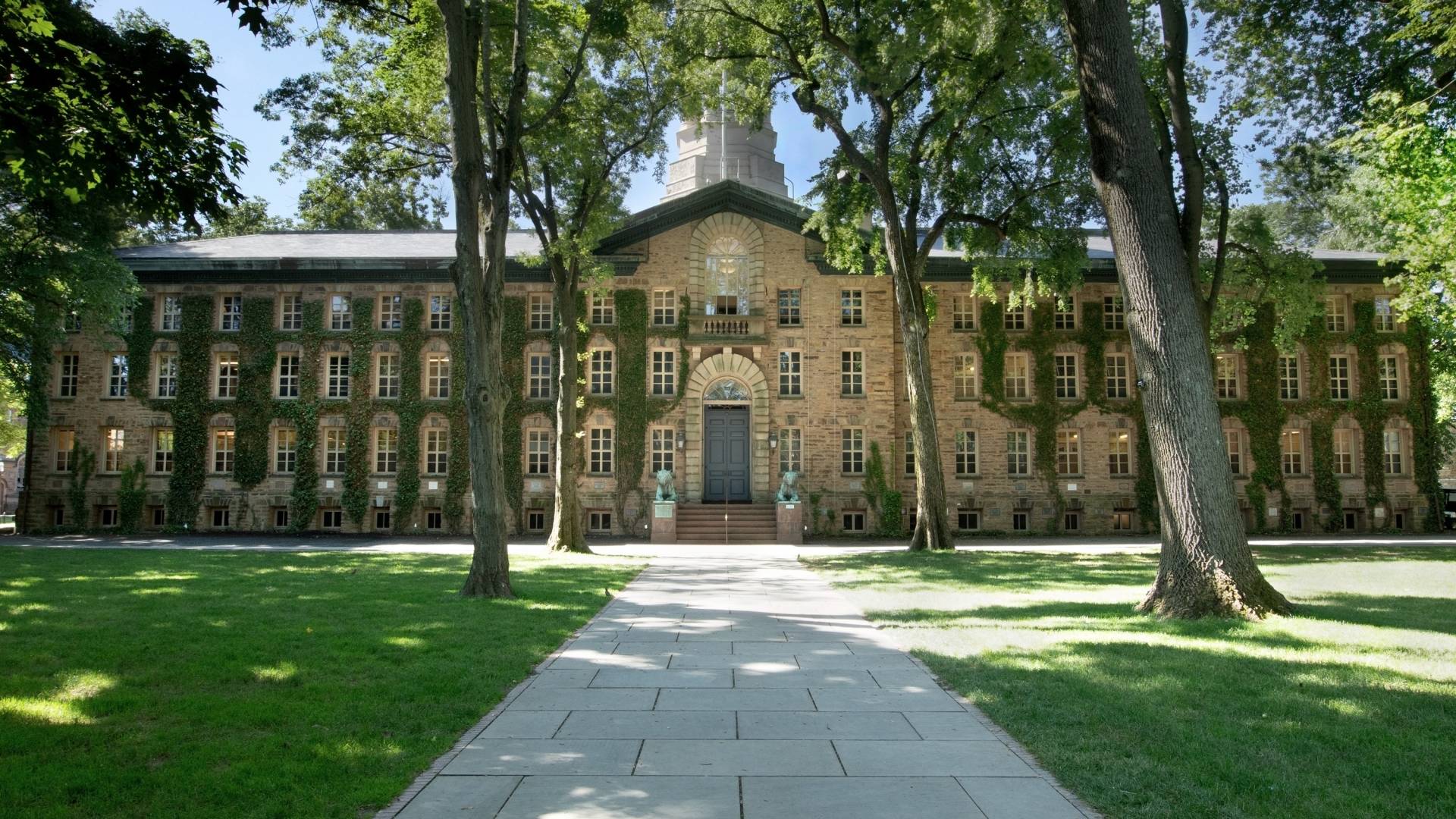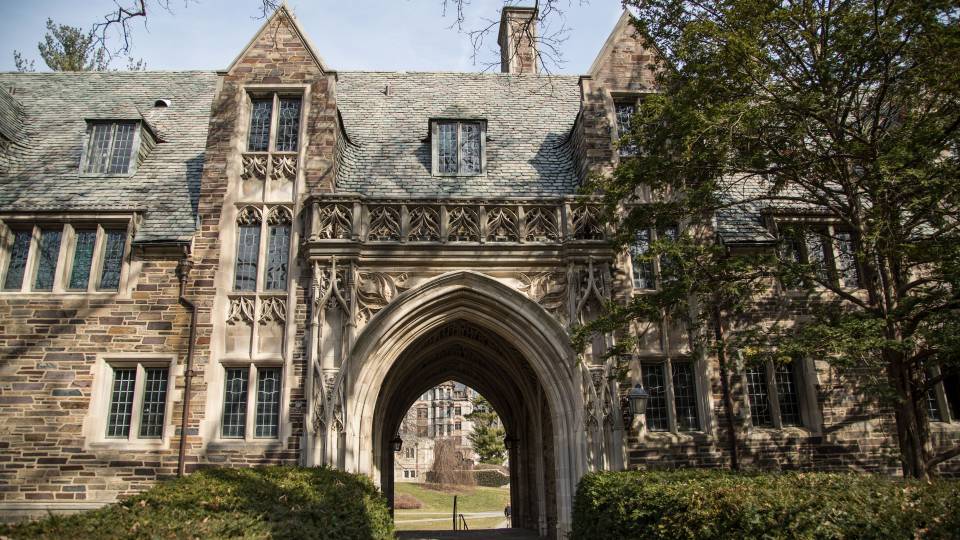Princeton University released two new reports Oct. 24 and announced next steps to further strengthen its policies, resources and communications related to sexual misconduct on campus. In the open letter to the campus community below, Provost Deborah Prentice underscores the University’s commitment to supporting all members of the Princeton community.
Dear Members of the Princeton University community,
Last June, in response to community concern about the University’s processes and support systems for addressing claims of sexual misconduct, we launched two committees to evaluate these processes and support systems and make recommendations for improvements: an internal committee, composed of the members of the University Student Life Committee and the Faculty-Student Committee on Sexual Misconduct, and an external committee, comprising three experts on Title IX processes and support systems on other campuses.
These committees have now completed their work and submitted reports of their findings; those reports are included on the Sexual Misconduct and Title IX website. As the external review committee noted in its report, important and challenging conversations about these issues are taking place at institutions of higher education across the country. I want to offer my deepest thanks to the students, faculty and staff members, and outside experts who served on the committees for working long hours over the summer months to produce reports that are thorough, insightful, and constructive. We will have many opportunities to discuss these reports as a campus community, beginning with an initial discussion at the CPUC meeting in November.
Our shared goal is to ensure that Princeton remains a safe and welcoming place where all of our community members can thrive. Meeting that commitment requires us to make improvements when and where we can, and to learn from our past practices and the best practices of others.
Although the external and internal reports differ in some of the specifics of their recommendations, the reports converge on four areas in which the University could and should do more. These are the areas that I have asked the administration to focus on addressing. In particular:
- The reports recommend enhancements to the resources we offer to students involved in sexual misconduct cases through SHARE, CPS, and other providers. These resources fall under the supervision of the Vice President for Campus Life. I request that Vice President Calhoun submit to me a plan for achieving the reforms recommended in the reports through additional resources, new programs, enhanced communications, and other mechanisms. I would like to see a plan by the end of the calendar year, with the goal of completing implementation by the end of the academic year.
- The reports recommend some changes to our adjudication process in sexual misconduct cases. Implementing changes in this area is especially challenging because such changes must align with federal regulations and guidance relating to Title IX, which are periodically revised. Therefore, I am asking Vice President & General Counsel Romero to assess these recommendations and to advise us on how best to address them. Here too, I would like to receive this advice by the end of the calendar year.
- The reports recommend enhancements to training programs, communications, and engagement efforts, with the goal of creating a more positive campus climate and culture around issues of sexual misconduct. Thus far, much of this work has been carried out by the Faculty-Student Committee on Sexual Misconduct, an informal body created in 2014 to advise on Princeton’s work to prevent sexual misconduct, assure effective implementation of sexual misconduct policies and support students in compliance with the University’s obligations under federal Title IX requirements. To regularize this committee and enhance its ability to engage the entire Princeton community, we will ask the CPUC to create a new committee on sexual misconduct to replace the Faculty-Student Committee on Sexual Misconduct. Once established, I will charge this committee with developing a plan for implementing the reports’ recommendations on training, communications, and engagement. The creation of this new CPUC committee will be on the agenda at the CPUC meeting in November.
- The reports recommend that the University explore alternative procedures and practices for resolving complaints about sexual misconduct and restoring the complainant, the respondent, and the community outside of the regular Title IX procedures. A working group is already exploring these possibilities, recognizing that they, too, must comply with current Title IX regulations. I am asking that this group accelerate its work and produce a report with a set of recommendations by the end of this calendar year.
Let me thank the joint committee and the external review committee once again for their excellent and timely work. I also want to thank the members of our community for their continued engagement on these important issues. I am confident that the changes resulting from this engagement and the committees’ recommendations will make Princeton a stronger community.





